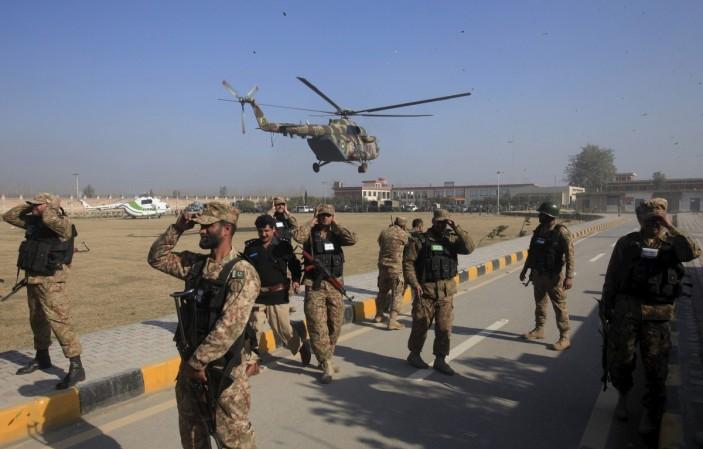
The Indian Air Force strikes in Balakot region of Pakistan not only destroyed the terror camps run by Jaish-e-Mohammad but also killed at least four soldiers of Pakistan Army. The locals have told a special investigation team of India Today that there were a few casualties in Pakistan Army as well on February 27 when the IAF Mirage 2000 jets dropped payloads in the area.
Naeem Mohammad, a worker of mosque Noor in Sehri, said that several Pakistan Army personnel died as a result of the Indian attack. He also said that Pakistan Army is deployed at the JeM seminary where it trains young boys.
While recounting the day, Rehman told reporters that it was "qayamat ka manzar" (doomsday sight) for locals who were woken by loud explosions in the area in the wee hours. "We heard four loud explosions. Everyone came out of their homes," Rehman said.
Pakistan's claims of no damage to F16 jets busted?
Pakistan has been in a continuous denial of any damage to property in Balakot or even to its US-made F16 fighter jets. However, local police officers agreed that an F16 jet was struck down by the IAF and that it fell in Pakistan occupied Kashmir.

The police officer, according to the phone conversation, is heard agreeing with the reporters regarding the damage to F16 jets and also abiding by the instructions that no foreign media journalist should visit the area where the F16 fell.
Jaish-e-Mohammad still active in Pakistan, seeking funds
As the international pressure mounted on Pakistan after the Pulwama terror attack, Pakistan claimed that they have targetted JeM training camps and arrested various family members of JeM chief Masood Azhar.
However, JeM's weekly publication Al Qalam published by Talha Saif, the propoganda wing of the outfit, carried advertisements seeking funds from people. The investigation team posed as Dubai businessmen of Pakistani origin and called on one of the phone numbers that was given in the advertisement. It belonged to a man named Riyaz who said that he was in Balochistan but the donations could be made to his colleagues in Lahore.
Riyaz then went on to share other phone numbers with the reporters. On tracking those people in Lahore, the team learnt that they were sharing their account details and asking people to deposit money.
"It is my personal account number. Jaish doesn't have a personal account. I will hand over the money to them," Riyaz said.












